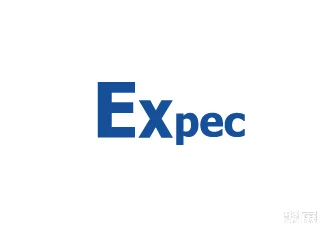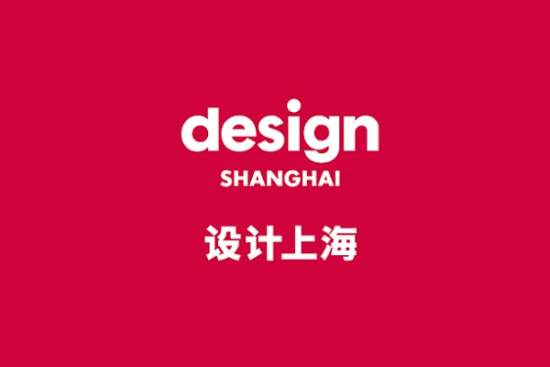
navigation Request for Proposal (RFP) This process is like setting sail without a map; if you don’t know how to steer the ship, you’ll never know where you’ll end up. This critical step can improve your campaign execution or lead to missed opportunities. Let’s dive into the key aspects of discovering quality during the RFP process so you don’t lose your way.
The RFP Dilemma: Beyond the One-Size-Fits-All Approach
The days of cookie-cutter RFPs are over. It’s time to set the bar higher and demand a unique, insightful process from potential partners.
- Personalization is better than standardization: Standardized RFPs may seem fair, but they often fail to provide a true understanding of a potential partner. A customized RFP approach allows partners to showcase their unique value and how they align with your brand.
- Insight and Engagement: Look for partners who dig beneath the surface and truly engage with your goals. If they’re willing to take the time to understand your needs, it shows they’re committed to delivering best-in-class results.
The power of process: differentiated quality
Choosing the right partner based on the process they guide you through and the questions they ask is the secret to success. But trust your instincts—when a partner asks insightful questions and really “gets” your brand, you’ll feel like it’s the right choice.
- Thoughtful Inquiry: A good partner will ask you in-depth questions about your brand’s unique challenges and goals. This demonstrates that they are able to analyze and tailor a solution to your specific needs.
- Collaboration: Partners facilitate meaningful conversations, rather than jumping right into design or execution, they work to co-create solutions that truly align with your goals. The importance of this step cannot be overstated.
Identify and avoid cookie-cutter proposals
Event professionals can often tell when a partner has given their proposal serious thought, versus one that relies on generic pitches. Recognizing these signs can help you avoid partnerships that offer little to no value.
- Generic Response: Beware of proposals that seem too general or repetitive. A true partner will tailor their response to the situation to show they truly understand your brand and project needs.
- Lack of customization: A good proposal should include a personalized strategy and creative that fits your specific requirements. If the proposal feels like it’s for just anyone, that’s a red flag.
The key to success: honest dialogue
Don’t be afraid to raise objections during the process and have meaningful conversations before you start designing. This approach can open clients to a different, more genuine way of collaborating.
- Strategic Counterattack: Sometimes it’s best to take a step back and make sure all the key conversations are covered before jumping into design and execution.
- Building Trust: Focusing on meaningful discussions helps build trust and mutual understanding, paving the way for successful collaboration.
Trust your instincts: Choose the best partners
Ultimately, choosing the right partner comes down to trust and confidence. When reviewing proposals, choose the one that stands out and gives you 100% confidence that it can deliver the best experience.
- Trust your instincts: Follow your instincts when evaluating potential partners. Often, the ideal partner is one that aligns with your vision and values.
- Trust their skills: Great partners don’t just wow you with their proposals; they convince you that they can perfectly turn your vision into reality.
Practical Tips for Event Professionals
To ensure you select the right partner through the RFP process, consider these practical tips:
- Clear goals: Clearly outline your goals and expectations in your RFP so that potential partners fully understand your requirements.
- Promote open communication: Encourage an open dialogue with potential partners during the RFP process to understand their responsiveness and willingness to collaborate.
- Evaluate past performance: Review case studies and past performance indicators to assess the partner’s track record and ability to complete similar projects.
- Consider cultural fit: Ensure that your partner’s values and work culture align with your organization to promote productive and harmonious working relationships.
- Seeking innovation: Seek partners who can bring innovative ideas and solutions, demonstrate their ability to think outside the box and add unique value.
You can also watch this video for more guidance from Rockway staff: Develop the Perfect RFP for Your 2024 Trade Show and Event Budget with Mollie Stahl
A successful RFP process starts here
The RFP process is a critical step in the event marketing process. Implementing these tips will ensure your RFP process is more than just a formality, but a strategic advantage in achieving your event marketing goals.
At Rockway Exhibits + Events, we are committed to providing you with the expertise and knowledge to create extraordinary event experiences. Contact Us Start your own.











Leave a Reply Cancel reply
You must be logged in to post a comment.